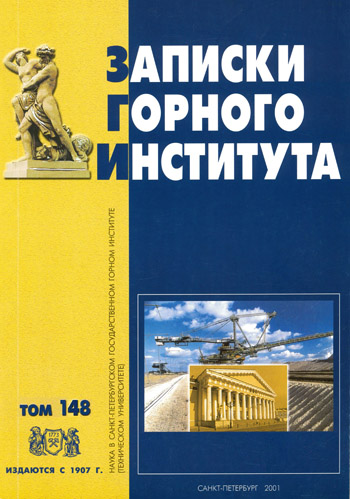Relaxation in soils and rocks
Authors:
About authors
- Geotechnology
Abstract
The physical basis of most known methods of explosion control is the dependence of mechanical behavior of rocks (deformation, fracture) on the time characteristics of the loading mode. However, using this dependence, we usually do not take into account its relaxation nature, which is characteristic of the entire class of geophysical media, actively affecting changes in their physical state, determining the dissipation of energy of force impact and, consequently, affecting its result. Therefore, the study of the relaxation properties of rocks has been given increased attention.
Область исследования:
(Archived) Without section
Similar articles
On the effect of humidity on the stratification of interbedded rocks
2001 N. F. Dontsul, G. N. Zhurov, V. E. Vasilev, A. V. Montikov
Mechanized method for the preparation of granulite-Zh and the results of its pilot tests
2001 V. A. Borovikov, I. A. Dibrov, A. A. Ryskunov, A. V. Kurushkin
On the stratification of anisotropic interbedded rocks
2001 N. F. Dontsul, G. N. Zhurov, P. K. Tulin
